major eyewear brands
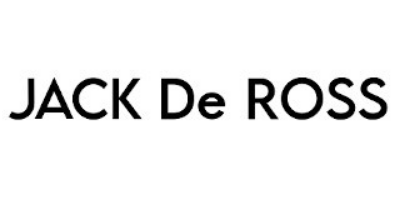
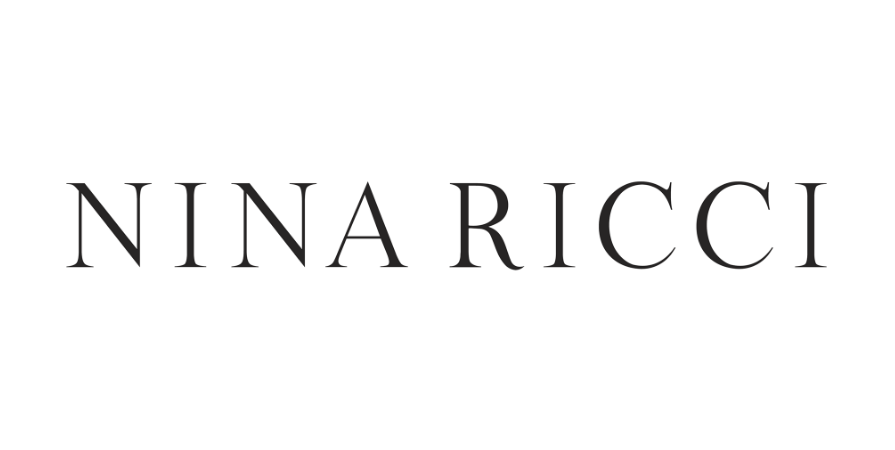

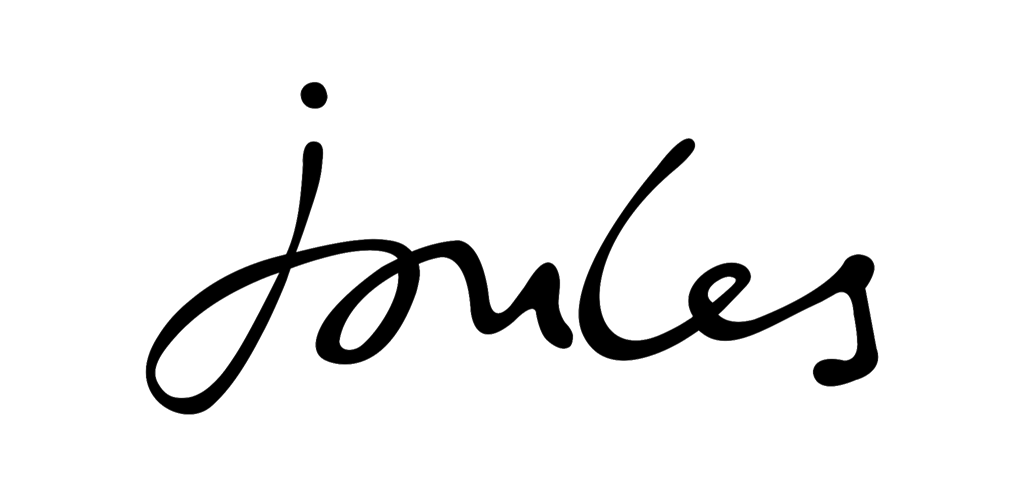
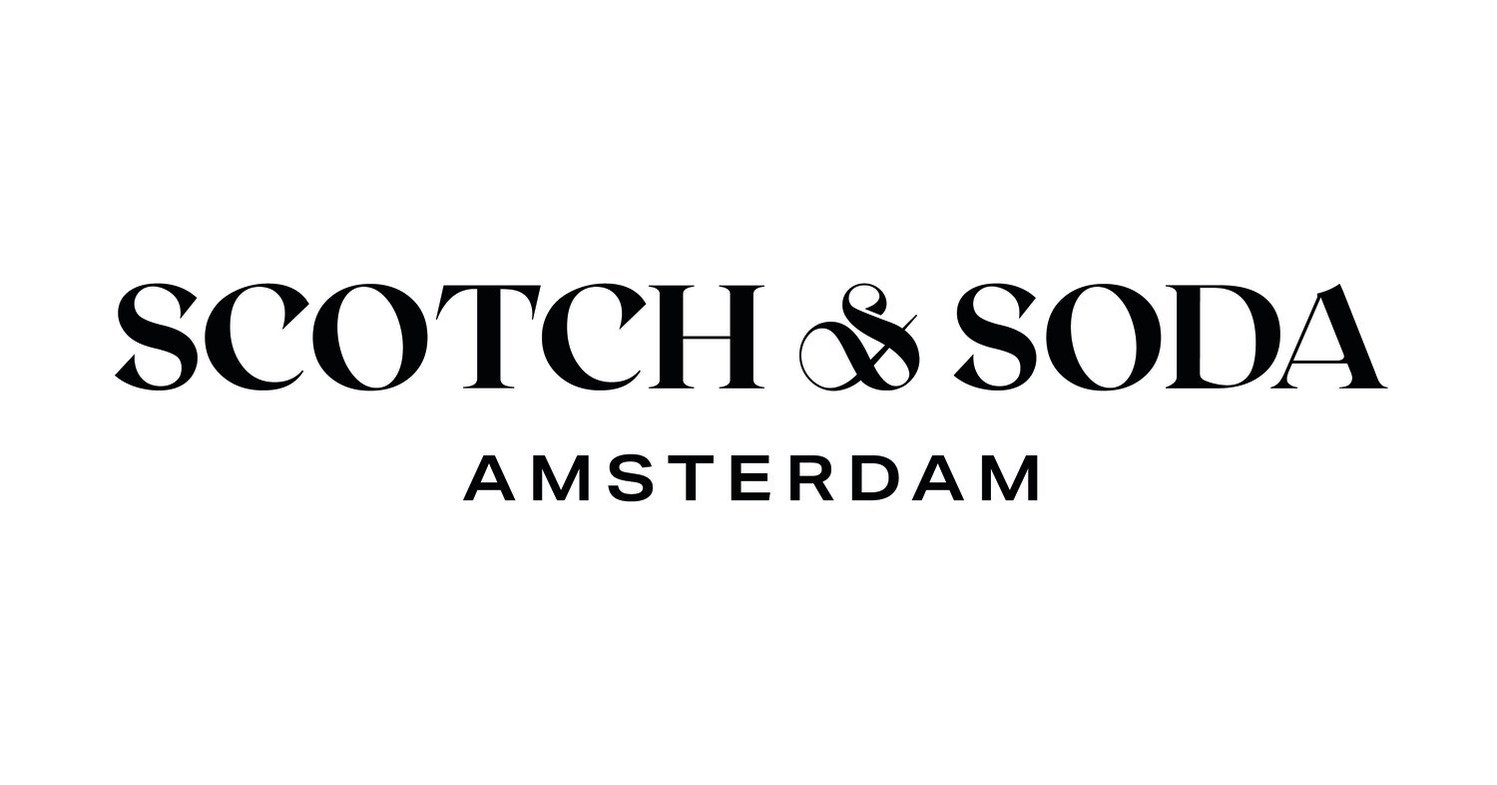

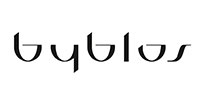
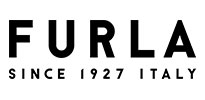
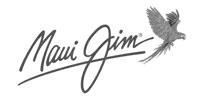


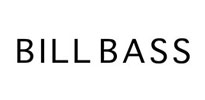

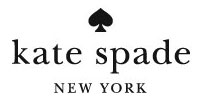





Almost certainly, yes! There are many different types of contact lenses, some designed to be worn for one day, some for up to a year, for all different prescription types and eyes. There are lenses for astigmatism, and multifocals, and lenses you can sleep in. In many cases you can test out the contact lenses before you buy them.
Laser refractive surgery has improved enormously over the past 5 years, and is suitable for more people than ever before. It’s a relatively safe procedure when performed by an experienced surgeon, and the computer-guided lasers now give even better results. At your eye exam you can discuss your suitability for surgery and obtain a referral to a specialist near you.
No! The only way you will make your eyes lazy is by wearing your glasses for the wrong purpose (eg: forcing yourself to get used to walking around while wearing your reading glasses, or wearing distance-only glasses at your computer), or by wearing glasses that are too strong including ready-made magnifiers. Otherwise, your eyes will get better or worse at their own rate whether you wear your glasses or not, it’s just easier to see with the glasses on!
Not as hard as they used to be. Multifocal or graduated lenses have been around for over 40 years, and computer-aided design of the lenses has made them easier to wear and reduced the distortions of the original lenses. If you’ve tried them before and given up, it might be time to try again.
There are now more lenses available which allow enough oxygen to the eye for you to sleep in them for up to a month, but shorter times if you prefer. The material used is completely different from your “normal” lenses you take out at night, so although they are usually a better option, they don’t suit everyone. Trial lenses are available in wide range of prescriptions, why not ask about them at your next eye exam?
No matter how much you love your contact lenses, sometimes your eyes need a break. If you have daily wear lenses, wearing glasses a couple of hours a day, and/or a day a week, will help your eyes breathe better. Even extended wear contacts, which let through enough oxygen for the lenses to stay in continuously, sometimes have to be removed if you have an eye infection, the flu, an eye injury, or for a long plane flight.
Carrots, like other vegetables (especially green leafy veggies or brightly coloured ones), fruit, nuts, fish, all the usual healthy foods, provide essential nutrients for your eyes, but they won’t make your glasses go away. Getting the proper vitamins, minerals and oils will make your eyes, your circulation, even your brain healthier, however, they won’t affect your prescription.
Cataracts have many causes and influencing factors, like age, general health, diabetes, some medications, smoking, eye injuries and ultra-violet light. So by wearing sunglasses you can’t stop all the things that cause cataracts, but you do remove one of the main causes. UV light exposure adds up over your whole life, so the earlier you start protecting your eyes with sunglasses and a hat with a brim, the better. The ultra-violet protection of sunglasses is not dependent on the price, so cheap pairs are not dangerous to your eyes.
Glaucoma is an eye condition where the pressure of the fluid inside the eye is too high, and that causes damage to the optic nerve, and the blood vessels that feed it. This usually affects peripheral vision first, so sufferers will lose vision out to the side, where it often isn’t noticed. There are rarely any other symptoms, although there are acute cases where the pressure rises suddenly and can be painful, mostly the progress is slow and painless and is only detected by testing during an eye exam unless the damage is very advanced. It is possible to have glaucoma while the pressure measurements are in the “normal” range, so examination of the optic nerve and sometimes a visual field test is also needed to see if you are at risk.
Glaucoma is more common in older people (although it can be congenital), and the risk is increased if you are very short-sighted, have a family history of glaucoma, come from certain ethnic groups, have had some eye injuries or surgeries, if you are diabetic, or take certain medications.
Regular eye exams are the only way to reduce this risk, as glaucoma is far more difficult to treat when it is advanced. Treatment can include eye drops, tablets, laser treatment or surgery.
Astigmatism is an irregularity of the shape of the front surface of the eye (the cornea). The cornea is more curved in one direction, or meridian, than the other, giving a slightly different prescription in this direction. Astigmatism is very common, about 80% of spectacle wearers have some astigmatism in their prescriptions (it’s on your prescription as “cyl” or “cylinder”) and is not an eye disease. If you have astigmatism and wear contact lenses, the word “toric” is often used to show that the lenses correct astigmatism as well as short or long-sightedness.



















Copyright © you&eye. All Rights Reserved Privacy Policy